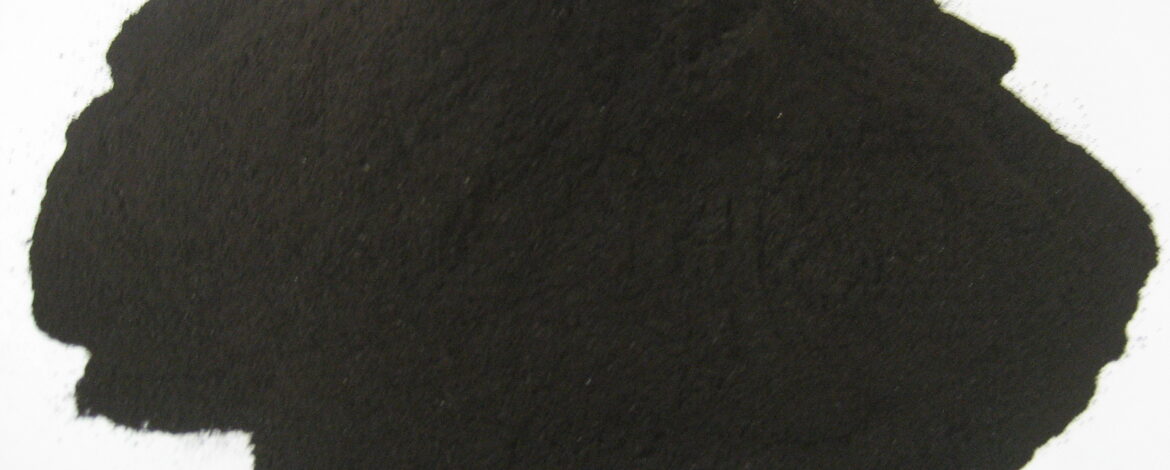What is Natural Bitumen? An In-Depth Guide
Natural bitumen, also known as natural asphalt, is a unique form of bitumen that occurs in nature. It is a thick, sticky form of crude oil that emerges from the earth’s surface. Unlike refined bitumen, which is produced through the processing of crude oil in refineries, natural bitumen is found in its raw state and has been utilized by humans for thousands of years for various purposes. This article explores the nature, applications, and benefits of bitumen.
Understanding Natural Bitumen (Gilsonite )
Natural bitumen is a dense, highly viscous hydrocarbon that forms naturally over millions of years through the biodegradation of petroleum deposits. These deposits, subjected to heat and pressure over time, gradually convert into bitumen. bitumen is commonly found in seepages, tar pits, and specific rock formations across the globe. Its composition is rich in heavy hydrocarbons and minerals, which give it a unique texture and high binding properties.
The Formation of Natural Bitumen
The formation of natural bitumen is a slow geological process. Crude oil, trapped within rock formations, undergoes bacterial degradation and evaporation of lighter hydrocarbons, leaving behind a heavy, tar-like substance—bitumen. Over time, the bitumen seeps to the earth’s surface or becomes trapped in porous rock layers, where it accumulates. The most well-known bitumen deposits are found in places like the La Brea Tar Pits in California and the Athabasca oil sands in Canada.
Uses of Natural Bitumen
Natural bitumen has been used for centuries, dating back to ancient civilizations. Its adhesive properties made it valuable for waterproofing, paving, and as a binding agent in construction. Today, bitumen is still used in road construction, where it serves as an effective binder in asphalt mixtures, providing durability and resistance to wear and weathering.
Industrial Applications
In modern times, natural bitumen finds applications in various industries. It is used in the production of roofing materials, waterproofing membranes, and coatings. Additionally, bitumen is employed in the manufacturing of paints, and varnishes, and even in the cosmetics industry, where it serves as a thickening agent. Its natural adhesive qualities make it a versatile material for industrial uses.
https://iranmineral.net/mineral-exporters-website/
Benefits of Natural Bitumen
One of the primary advantages of bitumen is its environmental sustainability. As a naturally occurring substance, it requires less energy to extract and process compared to refined bitumen. Furthermore, bitumen is a renewable resource, replenished over geological timescales. Its long-lasting properties make it an excellent choice for infrastructure projects, reducing the need for frequent maintenance and replacement.
Environmental Impact
While natural bitumen is more environmentally friendly in terms of extraction and processing, its use still poses challenges. The mining of bitumen can disturb ecosystems and requires careful management to minimize environmental impact. However, advances in sustainable extraction methods are helping to reduce the footprint of bitumen mining.

